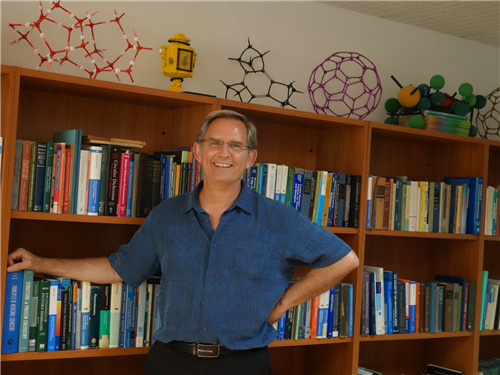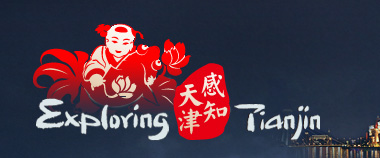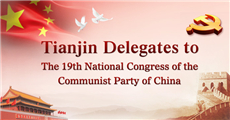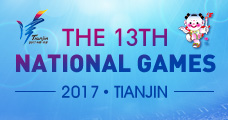 |
|
Prof. Jay Siegel[Photo/JIN Magazine] |
The recent past has seen huge leaps in medicine and its contributions to humanity. Vaccinations, antibiotics, and numerous drugs have improved our lives and increased life spans. Research from Alexander Flemming led to the development of penicillin which has saved over 100 million lives around the world. In the US, before a vaccine was made available in 1971, 3-4 million people contracted the measles every year, thousands were hospitalized and hundreds died. These are just two examples from a very long list of drugs that have made dramatic impacts upon humanity and while their benefits are easily recognized and appreciated, it's also worth understanding the process that leads to their creation.
Not so long ago, chemists and experts screened and experimented in various ways to find drugs. Penicillin as an example was virtually discovered by accident when Flemming noticed a petri dish was not showing bacterial growth due to a mold contamination. That mold's properties were studied to learn it was penicillium and the antibiotic Penicillin was created. Today's medicinal research has grown a lot more complex with the introduction of big data and so many specialized fields of study. According to Jay Siegel, Dean of Pharmaceutical Science at Tianjin University "The drug industry is much more of a huge cooperative effort so you need some people who are making molecules, some people who are testing those just at the enzyme level, some people who are understanding the biology of animals so that they know what kind of tests they need to do, some people that are taking that into the clinic. You may need ten different teams working together to take a molecule and turn it into a drug that is safe and can be marketed."
All the complexities involved in this process are well understood by Siegel, and his research and past work have made him one of the mostly highly regarded chemists worldwide. It's not so common outside the world of academia for the rest of us to know the names or story behind such people, nor their amazing projects. However, Siegel is a fellow Tianjin Expat doing some incredible things here and understanding who he is and how he is contributing to pharmaceutical research is a story worth sharing.
Jay Siegel is a distinguished expert in the field of Medicinal Chemistry. He earned his PHD in Chemistry from Princeton University with emphasis in the fields of Stereochemistry and Structural Chemistry. His past experience includes acting as a visiting professor at top Universities such as Caltech, and he was also a professor at UC San Diego for fourteen years. Before coming to Tianjin, Siegel was a Dean, Director, and Professor at the University of Zurich for 10 years. He is the author of three books and more than 170 high level Journal papers. In 2011 he was named as one of the "1000 Talents" in China, and by June of 2013 Jay was heading the School of Pharmaceutical Science and Technology here at Tianjin University.

 Daily life
Daily life




